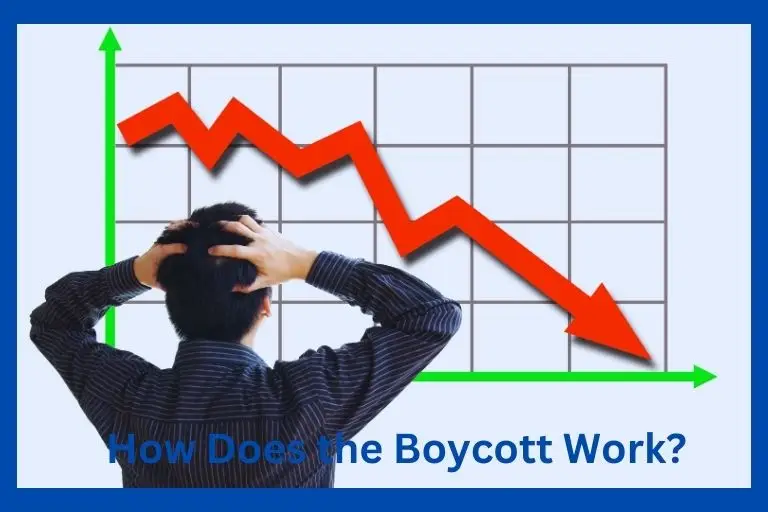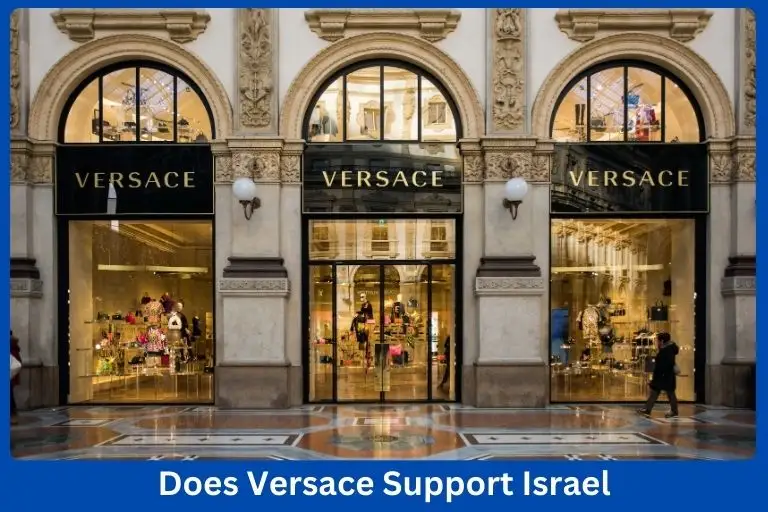Countries Supporting the Boycott of Israeli Products
The movement to boycott Israeli products has gained global attention as part of efforts to support Palestinian rights. Many countries, organizations, and individuals have taken a stand to reject products and companies linked to Israel. But which countries are actively supporting this movement, and why? In this blog, we’ll explore the global support landscape for the boycott of Israeli products, its reasons, and what it means for ethical consumerism.
What Is the Boycott Movement?
The boycott of Israeli products is often associated with the BDS Movement (Boycott, Divestment, Sanctions). Launched in 2005, this movement calls for action against Israel due to its policies toward Palestinians. The boycott aims to pressure Israel to comply with international law by:
- Ending the occupation of Palestinian territories.
- Recognizing the rights of Arab-Palestinian citizens.
- Promoting the return of Palestinian refugees.
Why Do Countries Support the Boycott?
Countries supporting the boycott cite various reasons, including:
- Human Rights Concerns: Advocacy for Palestinian self-determination and opposition to Israeli settlements.
- International Law: Many argue that Israel’s actions violate United Nations resolutions and human rights norms.
- Public Pressure: Grassroots movements and civil society groups push governments to take a stance.
Countries That Have Supported the Boycott
- Malaysia
- Malaysia has a longstanding policy of not establishing formal relations with Israel.
- The government supports the boycott as part of its commitment to the Palestinian cause.
- Iran
- Iran actively enforces a boycott of Israeli products and promotes economic isolation of Israel in the region.
- Pakistan
- Pakistan’s government and civil society strongly advocate for Palestinian rights, aligning with the boycott movement. List of Banned Israeli Brands in Pakistan
- South Africa
- Drawing parallels with its history of apartheid, South Africa has shown solidarity with Palestinians, including calls for boycotts.
- Other Countries
- Many nations in the Arab League, including Lebanon, Syria, and Kuwait, have policies discouraging trade with Israel.

How Does the Boycott Work?
Countries and organizations supporting the boycott often:
- Ban the import of Israeli goods, especially those produced in settlements.
- Encourage local companies to avoid partnerships with Israeli firms.
- Promote awareness campaigns about companies that support Israel.
Impact of the Boycott
The boycott movement has had mixed effects:
- Economic Pressure: Some Israeli companies have reported losses due to reduced market access.
- Global Awareness: The movement has brought the Israeli-Palestinian conflict to the forefront of international debates.
How You Can Support the Movement
- Stay Informed: Use tools like the BDS Brand Checker to identify products linked to Israel.
- Spread Awareness: Share information about the boycott and its goals with your community.
- Make Ethical Choices: Support brands that align with your values and contribute to the cause.
Summary
The boycott of Israeli products represents a growing global movement rooted in solidarity with Palestinian rights. Countries like Malaysia, Iran, South Africa, and many grassroots organizations play an essential role in this effort. By making informed choices and supporting ethical consumerism, individuals can contribute to meaningful change.
What are your thoughts on this topic? Let us know in the comments below, and don’t forget to share this blog with others who might find it insightful!







